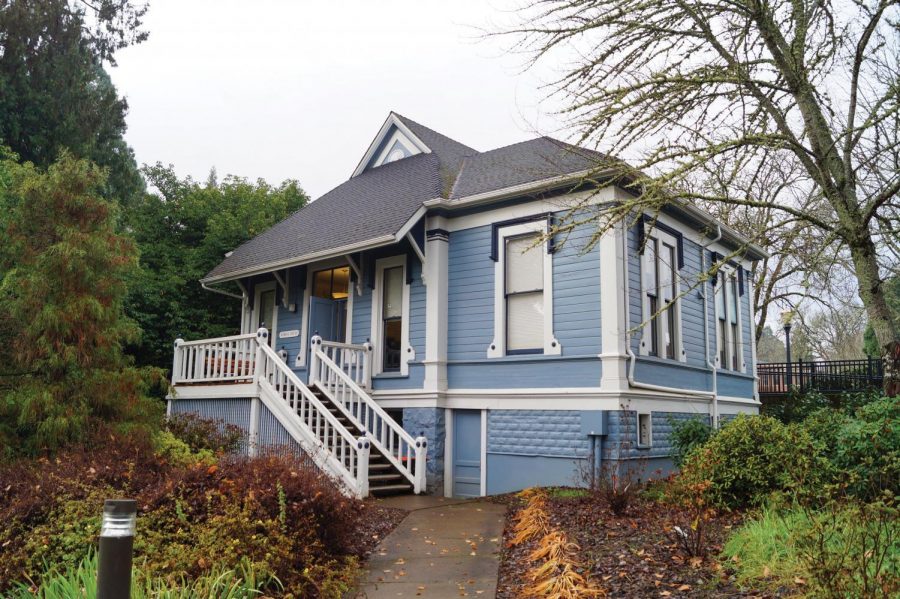Women of color support group
December 3, 2015
Working to provide a safe space to discuss intersecting identities and oppression, the Women of Color Support group at Oregon State University looks to do this through dialogue and activism.
“It’s a space to unpack the things we carry of women as color students at OSU, whether it is having to do with family and missing home, struggles in our community or dealing with microagressions,” said member of the Women of Color Coalition and graduate student Megan Spencer.
Spencer, along with Counseling and Psychological Services psychologist Shaznin Daruwalla, founded the support group this fall term hoping to reach out to women of color on campus.
The support group provides women of color a safe space to discuss what it is like to work, study and live as a woman of color on campus and the Corvallis community.
According to Spencer and Counseling and Psychological Services psychologist Shaznin Daruwalla, there is a need on campus for this support group. Resources from the Women of Color Coalition, CAPS and the Women’s Center were pooled together to establish the support group.
According to Spencer, being a student in general comes with many challenges, and additional marginalization may have additional effects.
“It’s important to have a space where you can voice what that’s like, and also be with other people who can understand that and relate,” Spencer said.
Offering a safe space and support is not all the Women of Color Support Group has accomplished. They are also working toward promoting activism on campus.
“We like to think of the idea of disrupting patriarchy — this notion of getting women together and promoting activism,” Daruwalla said. “If that is just being in a space with folks who can hear your story and can support you, there is a powerful connection in feeling less isolated. That is what keeps bringing me back to this space — feeling this connection.”
One of the methods through which the group is promoting activism is through debunking common stigmas and misconceptions which often surround groups such as the Women of Color Support Group, according to Spencer.
“A lot of times there is this idea that we have to always be really strong or constantly enduring things,” Spencer said. “It’s an important space to unpack some of those things, and talk about struggles.”
Spencer and Daruwalla hope to achieve activism through other methods than conversation as well in the near future.
“We’re promoting the notion of healing, not just through talking, but maybe through other non-verbal methods. I’m hoping that we can have some art and use that time to do whatever it is you like to do, but together,” Daruwalla said. “There’s activism in that as well.”
Daruwalla and Spencer are looking to promote activism outside of their space within the Women’s Center and expand into campus and the Corvallis community. They plan on having the support group go into a restaurant downtown or paint murals.
The Women’s Center hosts not only the Women of Color Support Group, according to Women’s Center Leadership liaison Amelia Allee, but other services for students as well.
“The Women’s Center is one of the cultural resource centers and supports all students regardless of gender identity,” Allee said. “The center provides aid in several different forms—legal, food and rental. We also have couches for students to lounge on, computers and printers for them to use and often times tutoring to help students with academics.”
The Women’s Center hosts several different events throughout the year, and works alongside the Women of Color Support group to promote activism and social justice throughout campus and the Corvallis community.
“We hosted the Halloween Beaver Bash and the community dialogue the second week of this term to address the sexual assaults on and around the Corvallis community,” Allee said. “We will be putting on Women’s’ History Month dinner in March and a slew of other events with the other cultural centers. We work to address social justice issues in the community.”
According to Spencer, there are some really important conversations that need to happen on this campus.
They have been beginning to happen through some brave student activism and student voices about how students of color, and women of color in particular, experience this campus,” Spencer said. “We want to further these conversations.”
























































































































